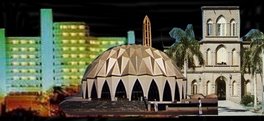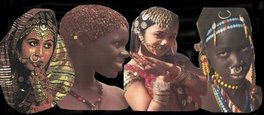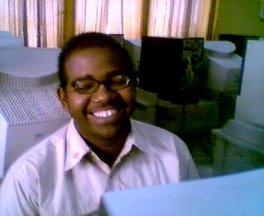
alnilin mosque

sudan clothing

sudan singers
Education in sudan
The public and private education systems inherited by the government after independence were designed more to provide civil servants and professionals to serve the colonial administration than to educate the Sudanese. Moreover, the distribution of facilities, staff, and enrollment was biased in favor of the needs of the administration and a Western curriculum. Schools tended to be clustered in the vicinity of Khartoum and to a lesser extent in other urban areas, although the population was predominantly rural. This concentration was found at all levels but was most marked for those in situations beyond the four-year primary schools where instruction was in the vernacular. The north suffered from shortages of teachers and buildings, but education in the south was even more inadequate. During the condominium, education in the south was left largely to the mission schools, where the level of instruction proved so poor that as early as the mid-1930s the government imposed provincial education supervisors upon the missionaries in return for the government subsidies that they sorely needed. The civil war and the ejection of all foreign missionaries in February 1964 further diminished education opportunities for southern Sudanese.
Traditionally, girls' education was of the most rudimentary kind, frequently provided by a khalwa, or religious school, in which Quranic studies were taught. Such basic schools did not prepare girls for the secular learning mainstream, from which they were virtually excluded. Largely through the pioneering work of Shaykh Babikr Badri, the government had provided five elementary schools for girls by 1920. Expansion was slow, however, given the bias for boys and the conservatism of Sudanese society, with education remaining restricted to the elementary level until 1940. It was only in 1940 that the first intermediate school for girls, the Omdurman Girls' Intermediate School, opened. By 1955, ten intermediate schools for girls were in existence. In 1956, the Omdurman Secondary School for Girls, with about 265 students, was the only girls' secondary school operated by the government. By 1960, 245 elementary schools for girls had been established, but only 25 junior secondary or general schools and 2 upper-secondary schools. There were no vocational schools for girls, only a Nurses' Training College with but eleven students, nursing not being regarded by many Sudanese as a respectable vocation for women. During the 1960s and 1970s, girls' education made considerable gains under the education reforms that provided 1,086 primary schools, 268 intermediate schools, and 52 vocational schools for girls by 1970, when girls' education claimed approximately one-third of the total school resources available. Although by the early 1990s the numbers had increased in the north but not in the war-torn south, the ratio had remained approximately the same.
The revolutionary government of General Bashir announced sweeping reforms in Sudanese education in September 1990. In consultation with leaders of the Muslim Brotherhood and Islamic teachers and administrators, who were the strongest supporters of his regime, Bashir proclaimed a new philosophy of education. He allocated £Sd400 million for the academic year 1990-91 to carry out these reforms and promised to double the sum if the current education system could be changed to meet the needs of Sudan.











6 comments:
dear munnadel
wahat a nice pictures.Congoratulation Munnadel. I like your blog very much. And good luck
Ahmed wahby
ahmedmax1.blogspot.com
Hi activist work Jamil you, but I avoidance of writing in Arabic
Hi Munadil,
Congratulation on your nice blog, I wish to going on your way...
Great blog. Congratulations!
Great blog. Congratulations!
Great blog. Congratulations!
Post a Comment